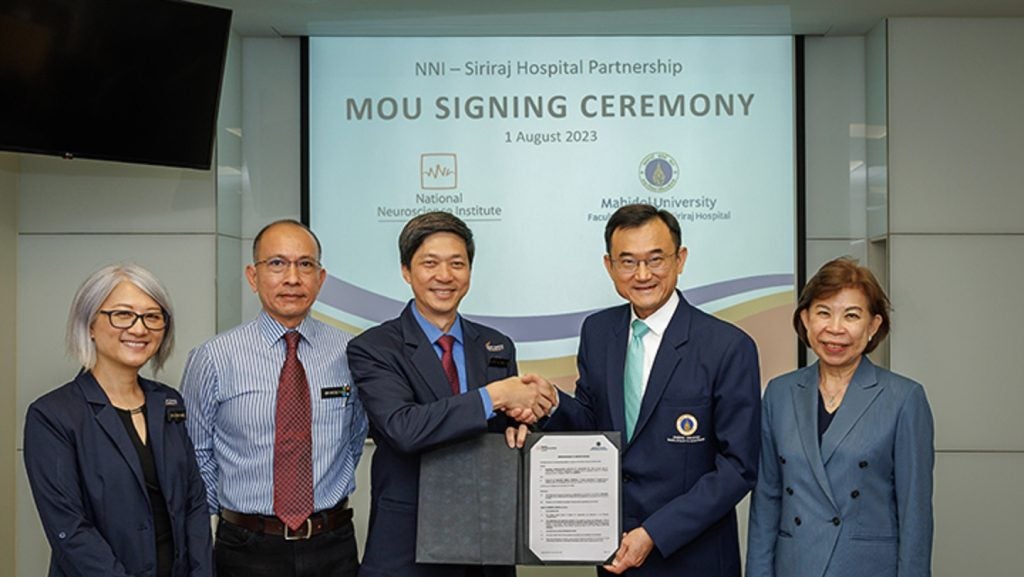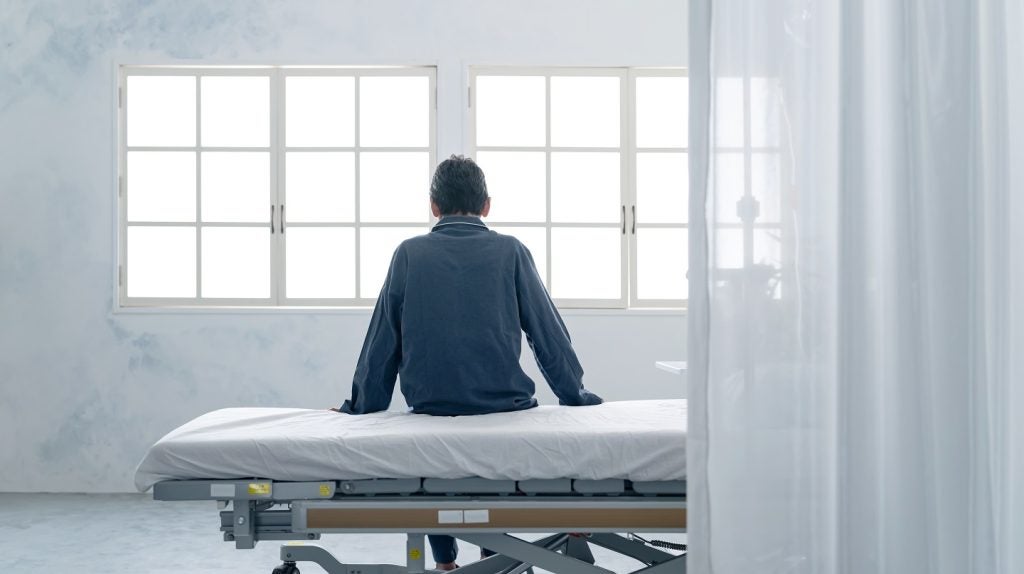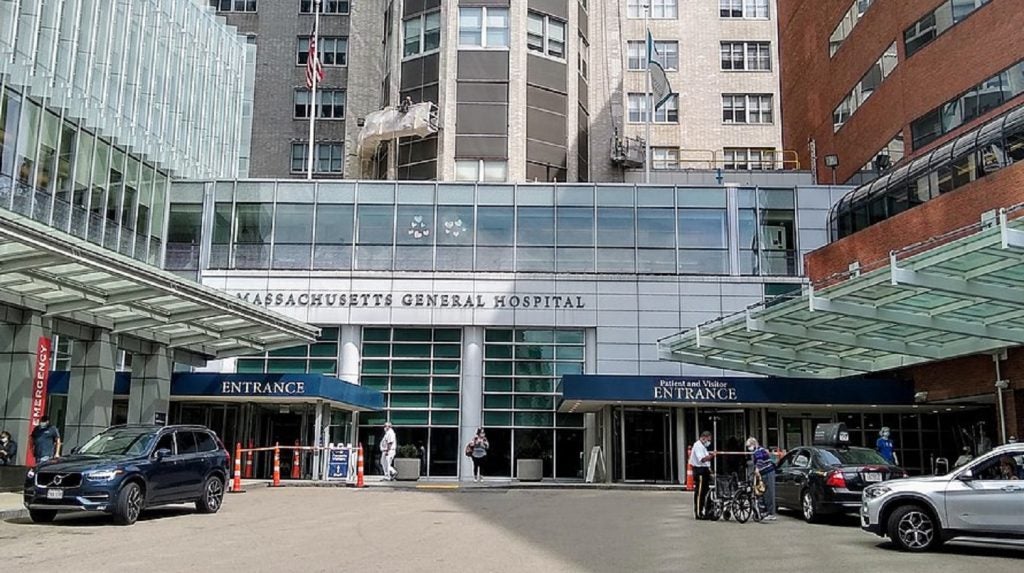The National Neuroscience Institute (NNI) of Singapore and Siriraj Hospital, Thailand, have signed a memorandum of understanding (MOU) to improve neurointervention care in both countries.
The MOU formalises the relationship between the two institutions and focuses on partnerships in education, research, and sharing best practices in the field.
NNI CEO Au Wing Lok said: “Siriraj Hospital was established in 1888. It is the oldest and largest teaching hospital in Thailand, with expertise in multiple specialities, whereas NNI was established in 1999 and focuses on neuroscience care.
“Despite our differences, we share a deep commitment to enhance the standard of care for our patients and this MOU will support both our institutions in this mission.”
The signed MOU between NNI and Siriraj Hospital will allow neurointervention doctors, allied health professionals and nurses to increase their clinical expertise and expand their knowledge in workflow and clinical management.
It was initiated by Siriraj Hospital radiology department chair Anchalee Churojana and NNI neurovascular service co-director Dr Wickly Lee.
The MOU also includes a research component, with the two institutions collaborating on neurointervention stroke management.
Dr Wickly Lee said: “Research collaborations could include combining anonymised data from the two institutions to create large volume data sets.
“This can be used with emerging technologies to analyse pre-treatment evaluation and outcomes, such as aneurysm rupture risk profiles, to guide treatment decisions and maximise patient outcomes.”















